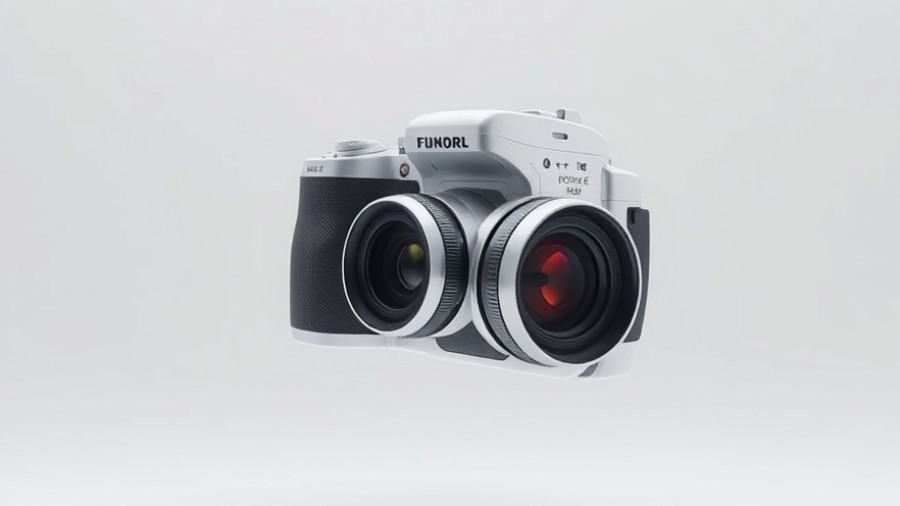
The Innovative Future of Toilet Technology
Kohler takes an unexpected leap into health technology with its recent launch of the Dekoda, a toilet-mounted camera designed to analyze waste for health insights. Priced at $599, this cutting-edge device attaches to your toilet bowl and leverages advanced image recognition to monitor gut health, hydration, and even detect blood traces. Available for pre-order, shipping starts on October 21, and it is already stirring conversations about privacy and health monitoring in personal spaces.
Monitoring Health from the Bathroom
The idea of analyzing our waste for health indicators might sound bizarre at first, yet it reflects a growing trend towards integrating health technology into our daily lives. Kohler’s Dekoda, compatible with a monthly subscription fee of $70 to $156 for data interpretation, signifies a shift in consumer health monitoring post-pandemic. As people have increasingly sought ways to track their health from home, the bathroom has emerged as a surprising frontier—one that was once left untouched. This gateway into personal health data may provide clues into our bodily functions that were previously ignored.
Privacy Concerns Under the Spotlight
Despite its innovation, the Dekoda’s introduction raises important privacy questions. With a camera placed literally in our most private moments, Kohler reassures potential consumers through strong privacy promises. The device is designed with 'discrete optics' that focus only on waste, ensuring no images of the user are recorded. Additionally, the data collected is encrypted for enhanced security. Yet, as with many health tech devices, long-term implications regarding data storage and user privacy remain key considerations for users.
The Competitive Landscape in Health Tech
Kohler’s entry into health monitoring market creates notable competition. While startups like Throne have been early entrants into this niche, leveraging trends toward bathroom health monitoring, Kohler’s established presence and manufacturing capabilities could allow it to dominate. As consumers become more health-conscious, innovations akin to Dekoda might redefine expectations regarding everyday items in our homes. Moreover, if successful, this trend could spur a wave of new bathroom devices that offer health insights, reshaping how we engage with personal wellness.
As consumers, embracing these innovations—and the potential they offer for better health monitoring—could yield significant benefits. Tracking indicators like hydration level and gut health can empower individuals to make proactive health decisions. Kohler’s Dekoda thus not only reimagines a bathroom fixture but also inspires discussions surrounding health and ethics in technology.
For those who prioritize personal health and innovation in home technology, the Dekoda represents an exciting new avenue worth exploring. Consumer habits, health consciousness, and privacy debates are all set to converge in ways previously unimaginable.
 Add Row
Add Row  Add
Add 




Write A Comment